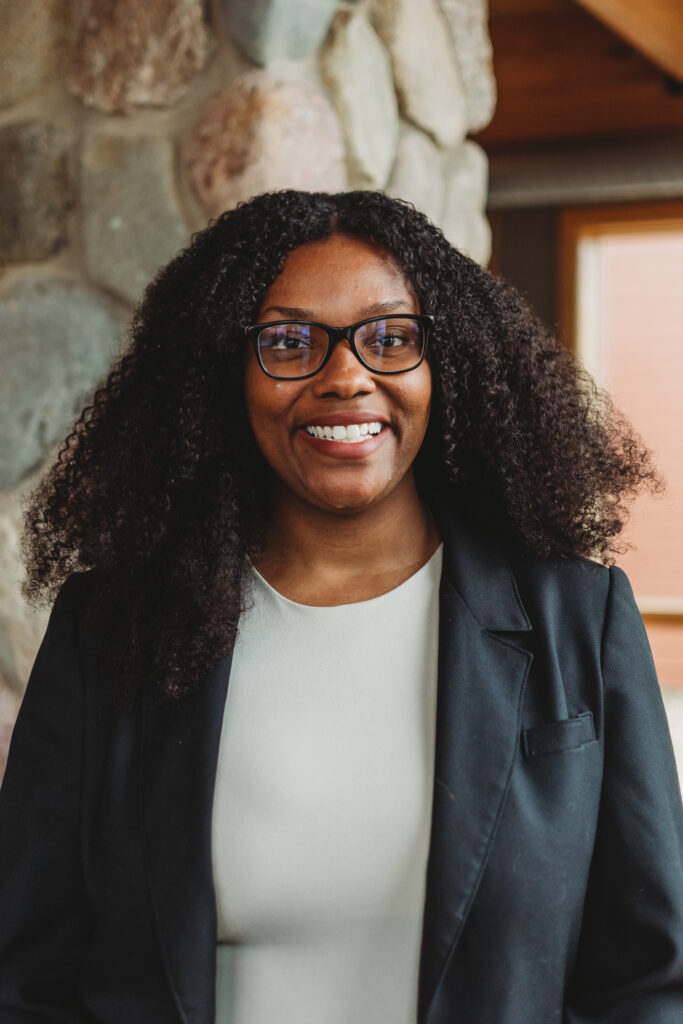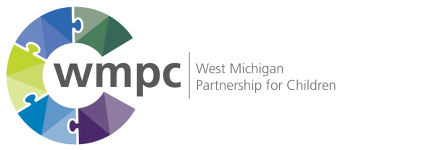
Da’Chelle (Shelly) Burnett serves as our Performance and Quality Improvement Coordinator working with Supportive Services. Da’Chelle started her non-profit career in direct care roles for youth and families experiencing homelessness. She previously worked as a shelter care facilitator, case coordinator, and data analyst at Catholic Charities Diocese of Kalamazoo. Da’Chelle has a Bachelor of Arts in Journalism, a Bachelor of Science in Social Work (BSW), and a Master of Science in Social Work (MSW) with a focus in Program Evaluation.
Years in nonprofit – 5
Why you wanted to be in this field:
I was raised in predominantly African American communities where I saw (and often experienced) the many challenges African Americans face. I made a promise to myself, and to God, that I will dedicate my life’s work to eliminating obstacles for Black families and children.
What is your role at WMPC? What are your responsibilities in this role?
I am the Performance and Quality Improvement Coordinator for Supportive Services. I work closely with our network’s supportive service programs (supportive visitation programs, the domestic violence intervention program, parent education, and other programs) to ensure contract requirements are being met and assist t if they are not.
What do you anticipate being the most rewarding part about your job?
Seeing an increase in the number of youth in care reunified with their biological parents over a 12-month span. I am especially looking forward to the continuous decrease in the number of BIPOC children in foster care. Nationally, there is a disproportionate number of BIPOC children in foster care.
What is one thing you wish people knew about foster care?
That the hard work continues beyond that first Child Protective Services interaction and the direct staff in the home. There are several agencies, such as WMPC, who are coordinating cases, monitoring and analyzing data, and supervising all in an effort to ensure children have a great living experience while in our care.
How has your experience in the nonprofit sector changed your perspective?
Working in the nonprofit sector has helped me better understand there’s a larger need for great social workers, government/private funding, and all-around devotion to all communities.
What is your hope for WMPC and the Kent County foster care system?
I hope we’ll continue to collaborate and reduce the number of children who are abused or neglected in care, positively impact children who are currently in care, and increase reunification and service participation for all youth and families in West Michigan’s foster care system.
